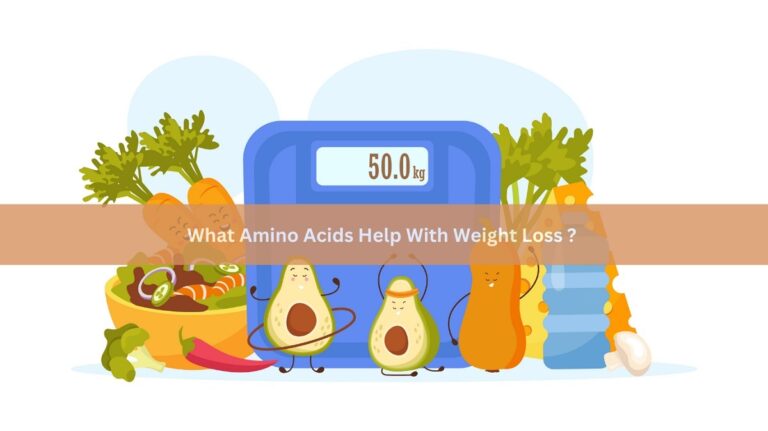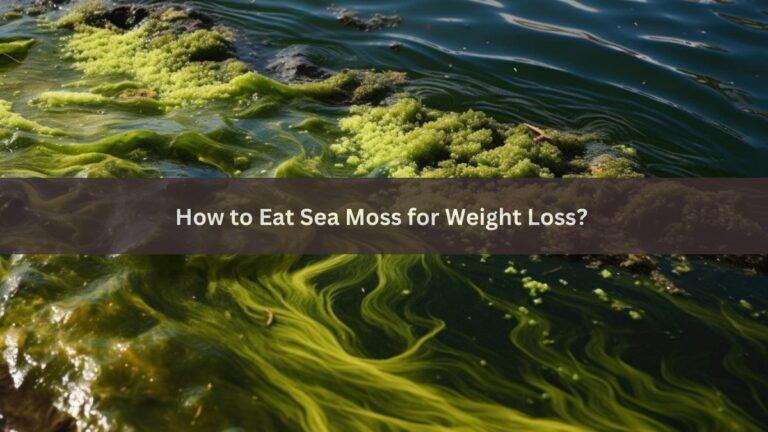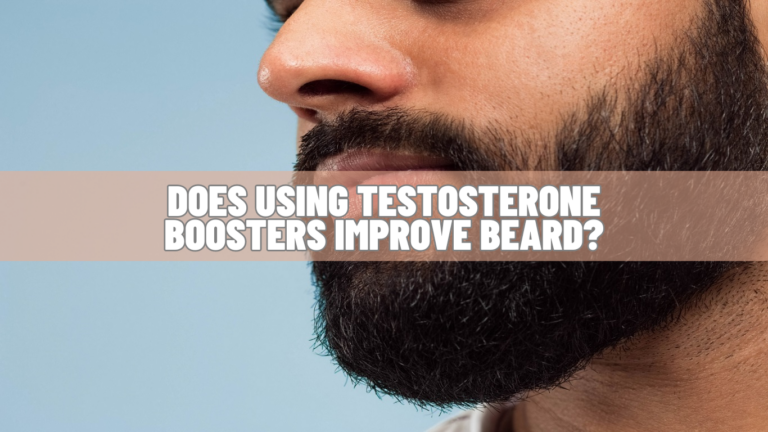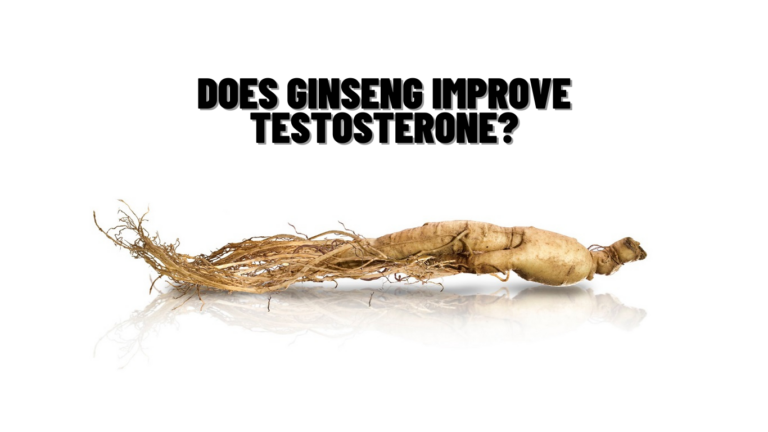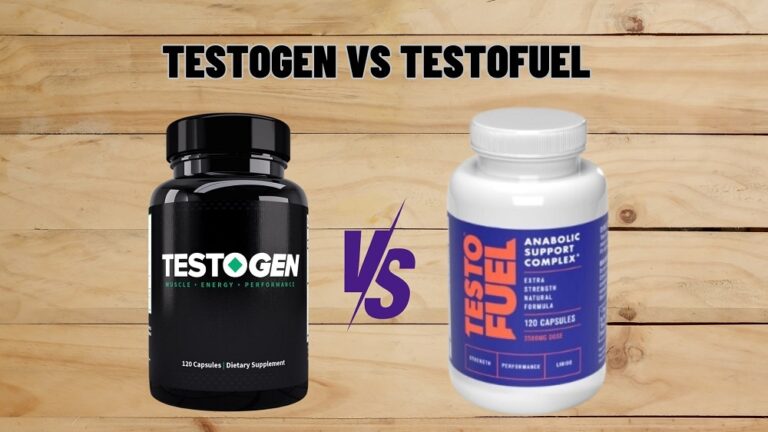Why is Sodium Bad for Weight Loss? Know Science & Risks!
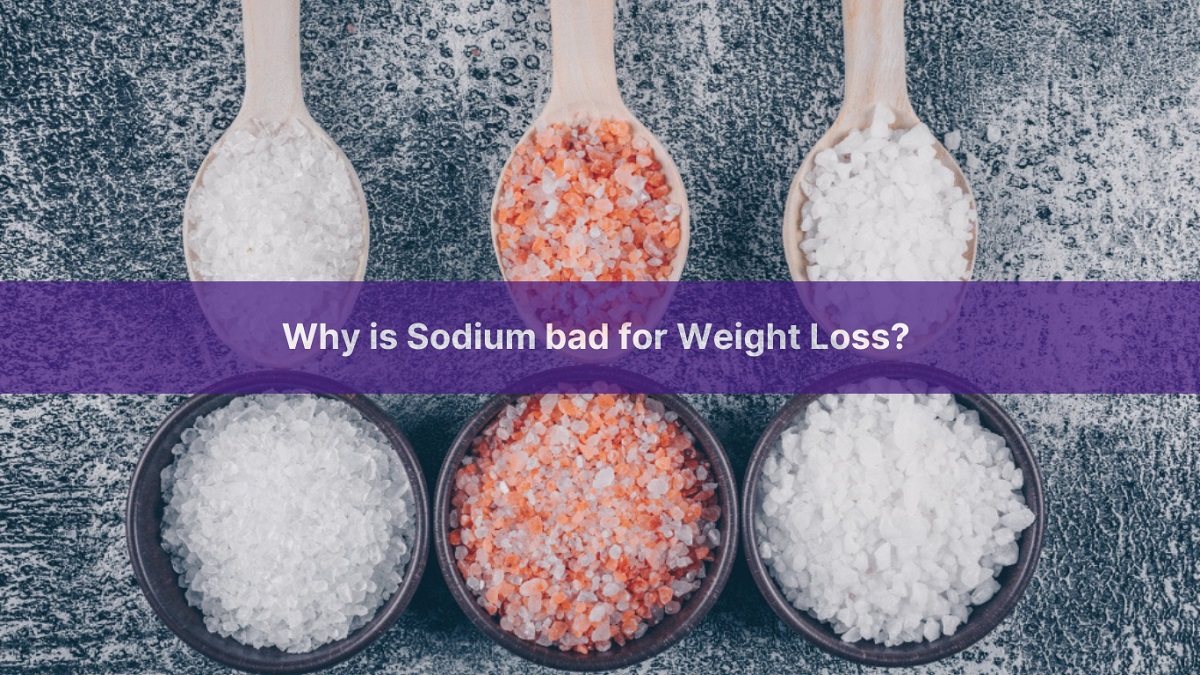
Sodium is an essential mineral, but most of us get way too much. While sodium assists in fluid balance, nerve signaling, and other processes, over-consumption can lead to water retention and increased blood pressure. But can excessive sodium intake interfere with your weight loss goals?
Let’s explore the science of sodium’s role in fluid balance, obesity risk, and more to understand why cutting back on salt supports healthy, sustainable weight loss.
Sodium’s Impact On Fluid Balance
Eating lots of salty foods causes your body to retain more fluid in an attempt to dilute the excess sodium. This can lead to temporary water weight gain of a few pounds. Studies show that high sodium intake increases thirst and fluid intake. But that extra fluid stays in your bloodstream instead of being excreted. The result is water retention and bloating from the sudden sodium spike. However, some research finds no link between salt and fluid intake. The complex relationship is still being studied. Regardless, high dietary sodium often correlates with short-term fluid retention.
How Sodium Can Hinder Weight Loss Goals
Sodium, which we consume mainly as table salt, is crucial for bodily functions like nutrient transport and nerve signaling. But too much sodium can cause problems. Here’s how it may hinder weight loss.
Sodium Linked To Obesity Risk
Beyond temporary fluid changes, studies consistently associate high sodium intake with increased obesity risk and body fat accumulation. Research in adults and children linked higher sodium consumption to a greater likelihood of being overweight or obese. The more salt eaten, the higher the obesity risk.
Sodium seems to impact fat levels independently of calories. But the mechanism isn’t fully understood yet. Reducing added salt may directly help prevent fat storage in your body.
High Salt Foods Are Calorie-Dense
Pizza, chips, canned soups, frozen meals, and other high-salt foods also pack a lot of calories. Eating too many salty processed foods makes it easy to overeat calories. The combo of excessive salt and calories in these convenient processed foods can lead to weight gain. It’s difficult to stop after just a small serving when they’re so tasty!
Ways To Reduce Sodium
The main sources of excess sodium are processed, packaged, and restaurant foods. Here are some ways to cut back:
- Limit pizza, fast food, cured meats, chips, and other high-sodium foods.
- Use less soy sauce, salad dressing, ketchup and condiments.
- Rinse canned beans, veggies, and tuna before use.
- Check nutrition labels and avoid high-salt packaged foods.
- Don’t over-salt home-cooked meals.
Health Risks Of Excess Sodium
On top of hindering weight loss, too much sodium poses other health risks like heart disease, high blood pressure, stroke, and kidney problems. It also promotes inflammation. Reducing sodium supports healthy fluid balance, heart health, and normal blood pressure levels.
Benefits Of Sodium Reduction
Cutting back on salt offers benefits beyond just weight management. It can also:
- Improve overall heart health and blood pressure.
- Reduce fluid retention and bloating.
- Lower risk of stroke, heart attack, and kidney disease.
- Decrease inflammation throughout the body.
Lifestyle Changes For Weight Loss
While limiting salt intake helps, remember that sustainable weight loss requires an overall lifestyle approach. Be sure to also focus on whole, minimally processed real foods, prioritize fruits, vegetables, lean proteins, and fiber in your diet, stay hydrated, drink plenty of water daily, and engage in regular physical activity and exercise. Sodium reduction alone won’t lead to weight loss, but it can support your efforts when combined with an approach that emphasizes balanced nutrition, adequate hydration, and routine exercise. For long-term weight management, it’s important to make comprehensive healthy lifestyle changes.
Evaluate Your Whole Diet
Sodium restriction alone won’t necessarily lead directly to weight loss. But it removes one barrier when combined with an overall balanced diet and active lifestyle. For optimal health and weight management, emphasize whole foods and total diet quality rather than just a single nutrient like sodium.
The Bottom Line
Research clearly demonstrates that excessive sodium intake is linked to increased obesity risk and body fat. Reducing added and processed salt supports healthy fluid balance and body weight for most people as part of a comprehensive diet and lifestyle approach.
Frequently Asked Questions (FAQs)
1. How Does Sodium Cause Water Retention?
Sodium causes the body to retain more fluid and can lead to water weight gain. Excess sodium intake increases thirst, but the extra fluid stays in the bloodstream rather than being excreted.
2. Is Sodium Linked To Obesity?
Yes, studies show that high sodium intake is associated with an increased risk of obesity and higher body fat. The mechanism is not fully clear, but sodium may alter fat metabolism.
3. What Are The Main Sources Of High-Sodium Foods?
The top sources of excessive sodium are processed, packaged, and restaurant foods like pizza, chips, cured meats, canned items, frozen meals, condiments, and fast food.
4. What Are Tips For Reducing Sodium Intake?
Tips include limiting processed foods, using less condiments, rinsing canned goods, reading labels to check sodium content, and not over-salting home-cooked meals.
5. Will Cutting Sodium Lead Directly To Weight Loss?
Sodium reduction supports weight loss efforts but won’t directly cause weight loss on its own. It’s most effective when paired with increased exercise, hydration, and an overall balanced diet.

